There are a handful of working directors who have the ability to take on any material, regardless of the subject, or the setting, and make it sing. Steven Spielberg. Robert Zemeckis. Ron Howard. And even though they each have their own signature styles, their approach to filmmaking is similar. It doesn’t matter if it’s an action adventure, or a drama, or a science fiction fantasy, or a biopic, their movies tend to strip away the strictures of genre and seek out the core truth of every narrative. They are, first and foremost, storytellers. They allow their characters to speak. And they never get lost in the art. With Hillbilly Elegy, Ron Howard once again demonstrates just how good he is at spinning a yarn.
Based on the bestselling memoir of the same name, Hillbilly Elegy tells the true story of J.D. Vance’s hard won life. His was a broken home. There is no mention of his father here, but life with mother wasn’t easy. Addicted to prescription drugs and suffering from rage issues, she was an unstable element in his life, and J.D. would end up being raised by his grandmother, Mamaw.
His grandparents were part of the great migration of Appalachians to the industrial Midwest in search of a better life. But real assimilation always eluded them. Vance’s book was more than just an autobiography. It also served as something of an exegesis of hillbilly society and their inability to adapt their way of life and adjust to middle America. He wrote that the reason so many of them are struggling is not because of growing income inequality or free trade, but because of culture. It was a stinging rebuke of white working-class America.
It was a controversial point of view and one that Ron Howard successfully reframes in this retelling.
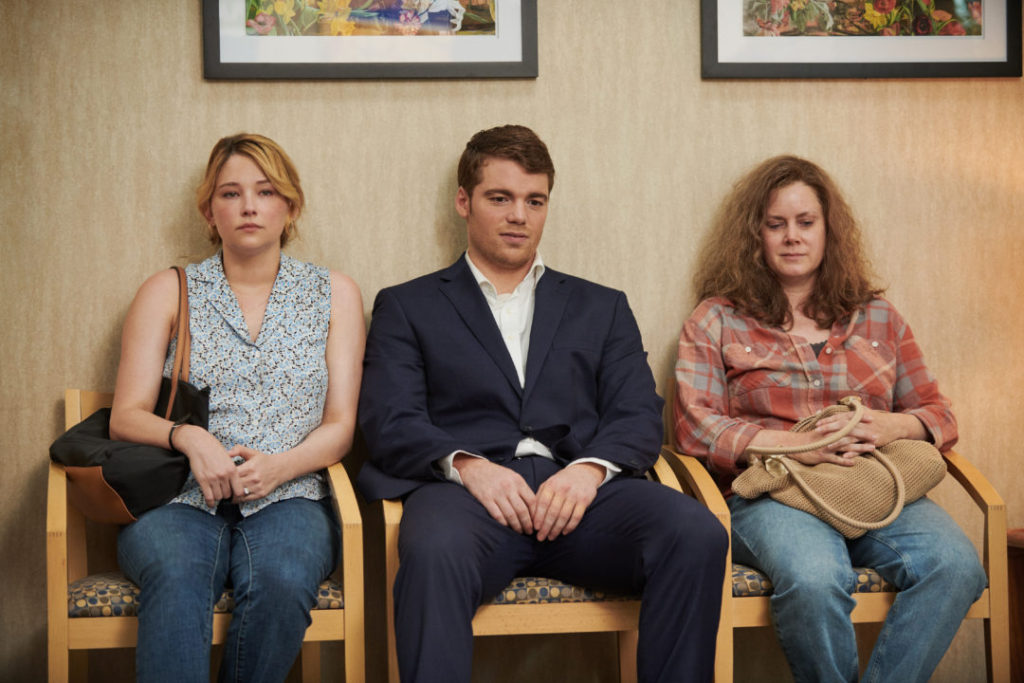
Seamlessly cutting back and forth between the past and present, the movie anchors itself in Vance’s personal story. The central conflict here being how J.D. struggles to deal with a mother who has once again fallen off the wagon, while trying to ensure his own future at Yale. Can someone who grew up the way he did still make it in life? How much of who he is and where he came from must he sacrifice in order to do so?
In the book, Vance writes that he had to reject a big part of who he was and where he came from in order to succeed. Ron Howard’s take is far more nuanced, finding his truth in the simple notion that people are the sum total of each and every one of their experiences – good, and bad, and downright dreadful. Because if anyone can survive all of that, then they’ll end up with a wealth of character and personality that only serves to make them stronger.
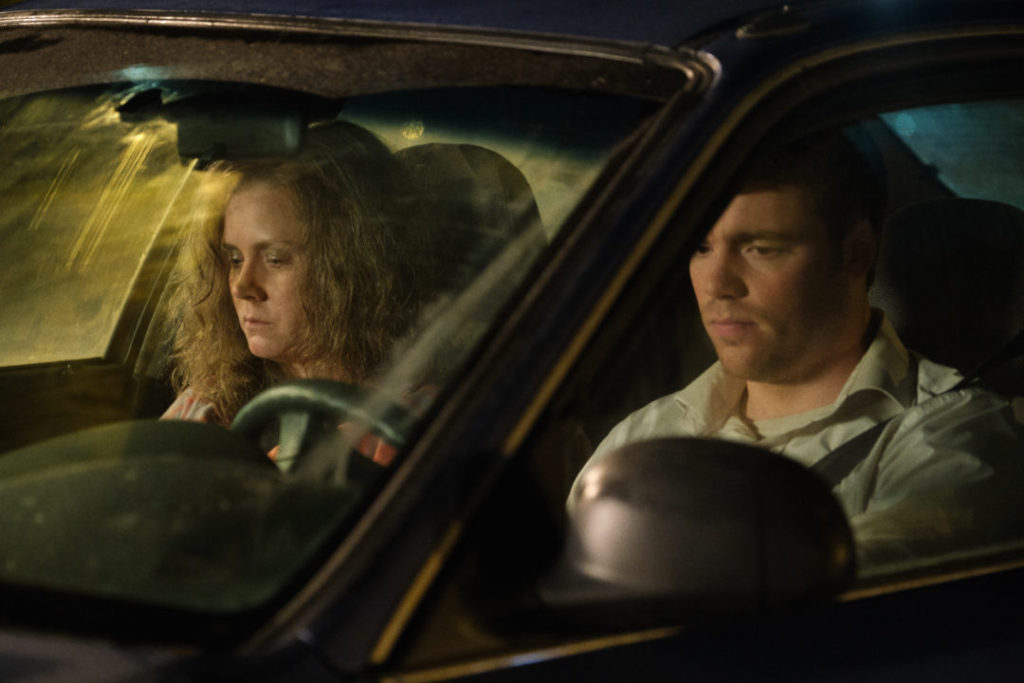
This is a tale of social rot and the values and culture that seemingly encourage it. This is the story of one man’s journey in trying to break the chain of generational abuse and somehow come out better on the other side. There is real trauma and profound misery here. And yet, unlike The Devil All the Time, another movie that tackles similar themes, this is not a movie that is miserable.
A lot of that has to do with how these characters are drawn. In that none of them feel like literary caricatures. These are real people. These are real lives. And the reason you get caught up in their individual stories is because this movie makes you believe in their plight.

As soon as the trailer for Hillbilly Elegy dropped, there was already a fair amount of Oscar buzz about both Amy Adams and Glenn Close and their respective transformations. Now that I’ve seen the movie, I can tell you that all of it was warranted. The best performances happen when you stop being able to distinguish the actor from the character that they’re playing. And both Amy Adams and Glenn Close completely inhabit these roles. They aren’t showing off for the camera. They aren’t acting with a capital “A.” They’ve simply become these people. It is nothing short of astounding.
Credit is also due to both Owen Asztalos and Gabriel Basso who play young J.D. and older J.D. respectively. There is a synergy to both of their performances that you don’t often see whenever two actors take on the same role. Here, it’s all in their eyes. It’s where you see the struggle, and the sadness, and the sangfroid that eventually begins to take root. And like Adams and Close, Asztalos and Basso too give us performances that are neither showy nor overwrought.
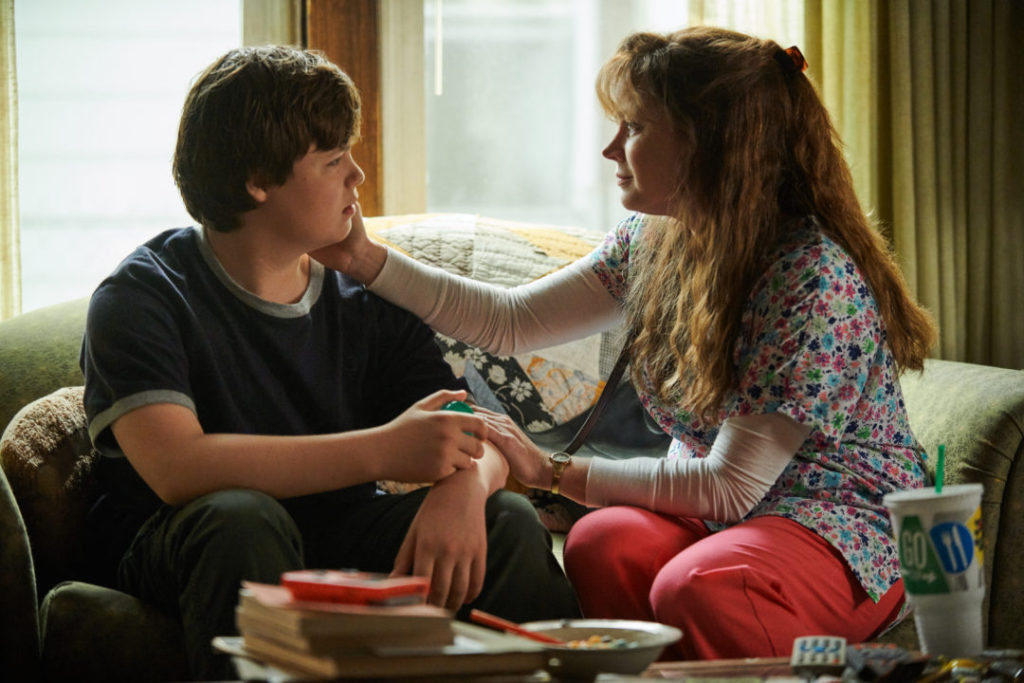
Hillbilly Elegy comes to us at a very apt moment in the American narrative. As the United States – and the rest of the world – struggle to make sense of their most recent presidential election, this picture of working class America might provide some insight into the plight of the other side.
There is a sad poetry in the way Ron Howard depicts an America in decline and all those left behind. People who were once contributing members to the promise and hope of the American dream, but are now all but forgotten. These are people who, like so many of us, are stuck in a dwindling past with no help in navigating our stormy present. Now I’m not saying that a two hour movie has all the answers. But when it’s this well made, it might just be enough to create some empathy.
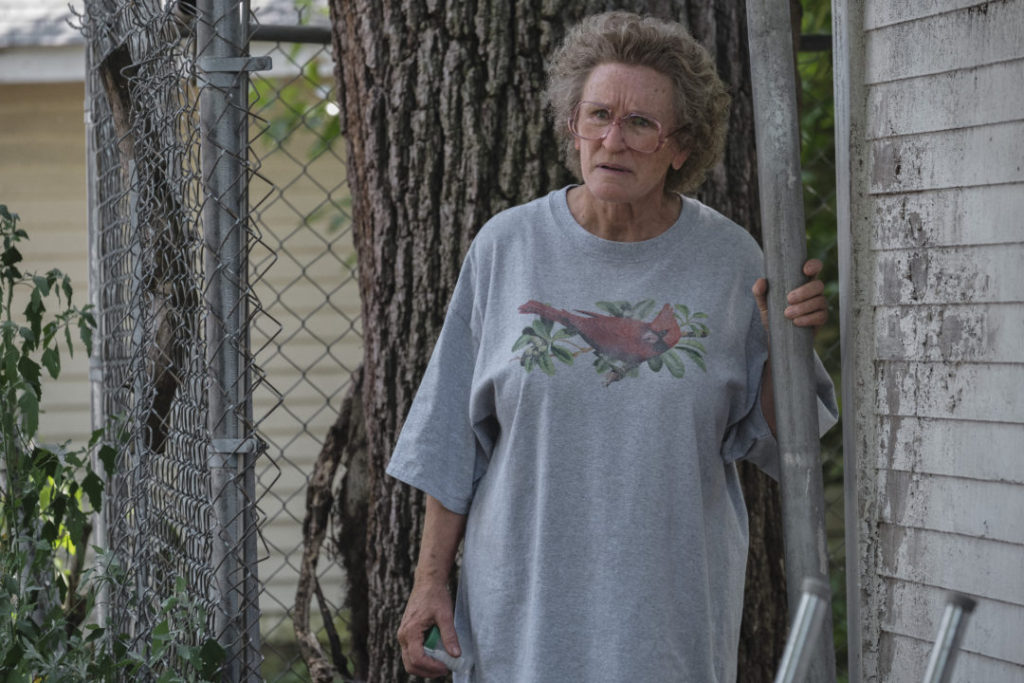
Hillbilly Elegy
Netflix
116 minutes
Director: Ron Howard
Writer: Vanessa Taylor
Cast: Amy Adams, Glenn Close, Gabriel Basso, Haley Bennett, Freida Pinto, Bo Hopkins, and Owen Asztalos

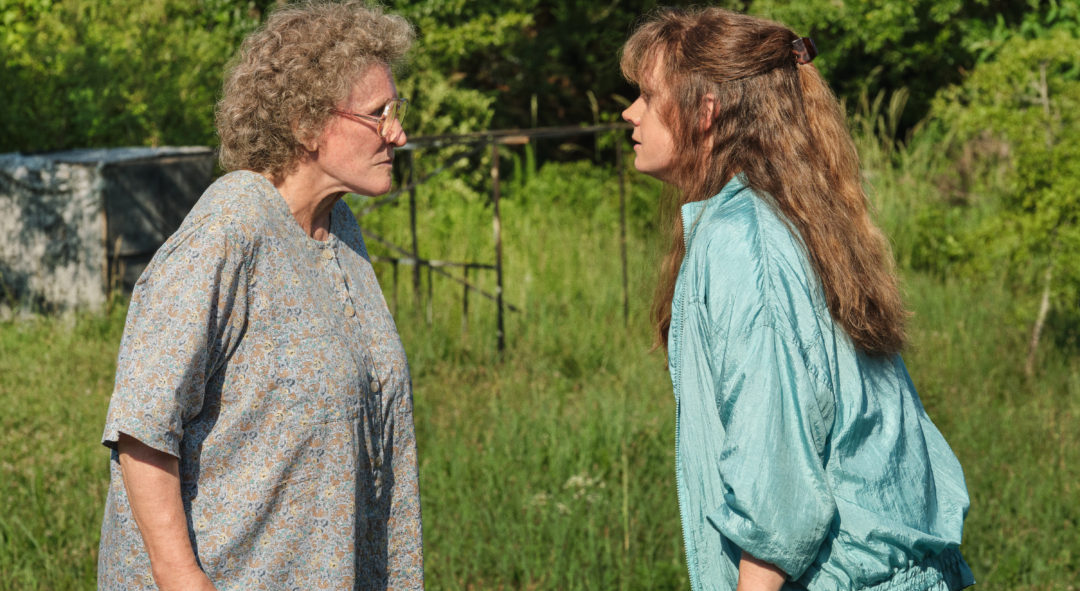


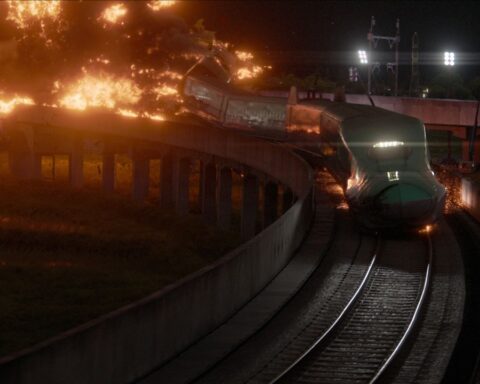




Follow Us